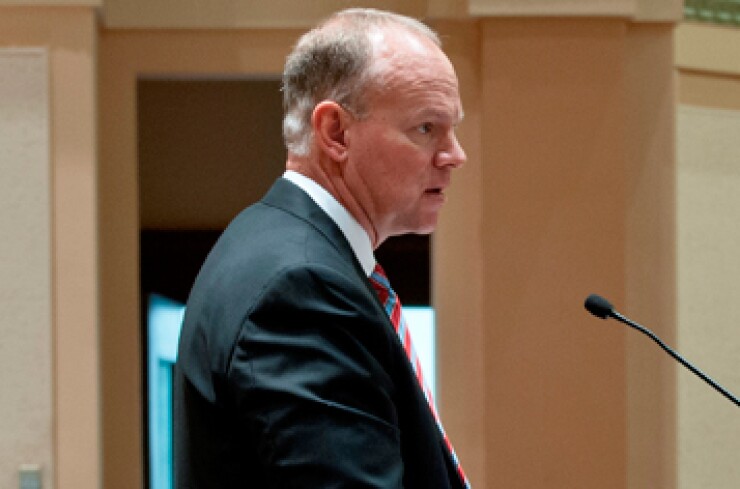
PHOENIX – State governors and other public officials who warned that new Environmental Protection Agency regulations could cause significant economic harm to their states and localities are hailing the Supreme Court's decision to place a stay on the EPA's plan.
The nation's highest court placed a stay on the EPA's Clean Power Plan Tuesday, pending the resolution of a major legal challenge to the regulatory framework that is currently working its way through the appellate process.
A West Virginia-led coalition had hoped to temporarily block the EPA rule, but the U.S. Court of Appeals for the District of Columbia denied the request last month, only to be overturned by the Supreme Court.
The plan is aimed at curbing greenhouse gas emissions, and Moody's Investors Service has said the plan is credit negative for big coal-fired electricity generators, more than 300 cities that issued bonds to finance such coal-fired units, and states that generate significant revenue from the coal industry.
Moody's picked out Kentucky and West Virginia, which both benefit from coal-related severance tax revenue.
"Today's Supreme Court ruling is a huge win in the fight against Obama's disastrous Clean Power Plan," said Kentucky Gov. Matt Bevin. "The court's decision to freeze these illegal climate regulations is a victory in our efforts to save our coal jobs and protect Kentucky families from skyrocketing energy prices. We will continue to challenge these regulations as the litigations continue in court."
While not singled out in the Moody's report, officials in Wyoming, a major coal producer, had also expressed fear that regulations prioritizing clean energy over coal would further hamper an economy already struggling due to a low-price energy market.
Standard & Poor's put the state's credit on negative watch earlier this month.
A University of Wyoming study published late last year predicted that coal production and related tax revenues in the state could drop sharply in the coming years as regulations targeting greenhouse gas emissions tighten.
"This is a big win for Wyoming and the nation," said Wyoming Governor Matt Mead. "It puts on hold this very bad policy based on a deeply flawed process while the legal issues are being addressed. I couldn't be happier."
Florida Attorney General Pam Bondi, was part of a multi-state coalition of state legal officers challenging the EPA plan, which they argue exceeded the agency's authority forcing states to shift their energy portfolios.
"This U.S. Supreme Court order is a huge victory for Florida families, businesses and the rule of law," Bondi said in a statement. "Once again, this administration is ignoring the limits of its authority in trying to impose harmful and heavy-handed regulations on Floridians and the rest of the country."
The issue is politically charged, and the Supreme Court voted 5-4 to grant the stay with all four members of the court's liberal wing voting to deny the request.
The EPA released its own statement vowing to continue working to reduce carbon emissions.
"We're disappointed the rule has been stayed," the agency said, "but you can't stay climate change and you can't stay climate action. Millions of people are demanding we confront the risks posed by climate change. And we will do just that. We believe strongly in this rule and will continue working with our partners to address carbon pollution."
The D.C. Circuit Court of Appeals will hear oral argument on the legality of the power plan on June 2. Bondi said it could then take months for that court to reach a decision.





